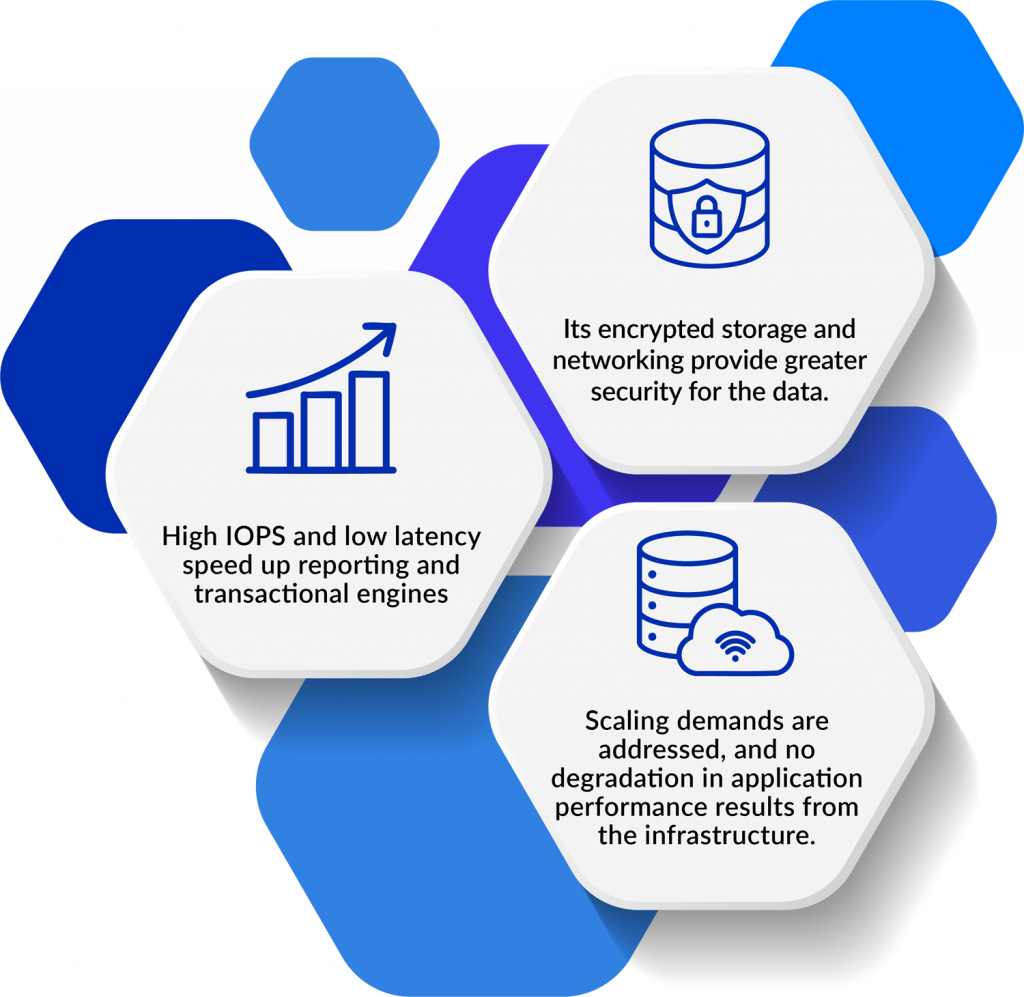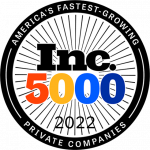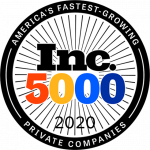
Here’s What You Will Learn in This Blog
- Why Does Oracle Cloud ERP Matter?
- Financial Management & Record-to-Report Automation
- Procure-to-Pay & Expense Management
- Supply Chain & Inventory Optimization
- Project Financial Management
- Oracle Analytics Across ERP
- Performance: Oracle Exadata Backed ERP
- Finance & Workforce Planning Integration
- Hybrid Integration & Extensibility
- Adoption & Scalability Use Case
- AI & Automation in ERP
- Comparing Cloud vs. On-Prem ERP
- ROI & Business Outcomes
- Explore Oracle Fusion Applications Overview
- Conclusion
Why Does Oracle Cloud ERP Matter?
Oracle Cloud ERP is now more than a financial product—it’s the digital core to all of your global operating systems. Oracle Cloud ERP helps organizations of all sizes plan, manage, and execute on the organization’s overall business strategy, improve the effectiveness of the finance function, and ensure the organization’s finance function is well-positioned for business growth. More than 11,000 customers from a variety of industries around the world have selected Oracle Cloud ERP to provide a more innovative and complete solution for finance, procurement, supply chain, and HR organizations(oracle.com). Its broad adoption is because of its strong cross-functional features, single architecture, and wide integration possibilities.
The business environment of today is so competitive that companies have to keep up with the times. According to a 2023 NetSuite study, 50% of firms are either replacing or upgrading their ERP systems, many with cloud ERP. Oracle Cloud ERP provides rapid implementation, coupled with an elastic scaling and self-updating platform, and baked-in best practices, helping organizations realize value sooner.
Financial Management & Record-to-Report Automation
Use Case: Accelerated Financial Close
Fusion ERP Cloud automates multi-entity consolidations, intercompany reconciliations, and accounting close processes. With built-in machine learning technology, finance teams can automate 96% of all repetitive transactions, helping eliminate human errors.
Decrease Close Time by 30–40% With Global Finance Teams
For example, Guardian Life – one of the largest U.S. insurers – decreased close time and improved decision making with Oracle Cloud ERP’s embedded analytics and automation source(oracle.com).
All of these features contribute to accelerated and more precise closures, allowing CFOs to focus on strategic analysis rather than on end-of-month drudgery.
Procure-to-Pay & Expense Management
Use Case: Collaborate with Suppliers & Mitigate Risk
Oracle Cloud ERP provides digital catalogs, a supplier portal, contracts management, and automated approvals – all on a single SaaS-based platform. Built-in AI detects unusual purchase activity and invoice mismatch and identifies it before processing.
25–40% Faster Procure-to-Pay Cycles
So when Ocado Retail, the UK’s No. 1 online grocer, selected Oracle Cloud ERP, it also managed to simplify its P2P operation and optimize cash flow management—all while overcoming fears of arduous implementation.
Supply Chain & Inventory Optimization
Use Case: Demand Forecasting Automation
The demand planning is a predictive analytics using the historical and real-time data available in the Oracle Cloud ERP. A mid-sized retailer using Oracle ERP Cloud AI‑powered forecasting, cut costs of stock holding by 25% hacked! ( medium.com).
Cross-functional Flow Visibility
With ERP, procure-to-pay, order-to-cash, and warehouse processes can all be provided with real-time visibility and traceability. Cloud ERP immediately activates reorder interventions when those points break out, keeping product in stock while surfacing supply risk to operations leadership.
Project Financial Management
Use Case: Real-Time Project Cost Monitoring and Control
Oracle Cloud ERP manages project budgeting, resource assignments, billing, and financial recognition within a unified platform. Automated project time sheets and real-time cost-to‑complete dashboards help maintain margin compliance.
ROI Impact
Organizations relying on Oracle Cloud ERP for project-driven businesses achieve up to a 20% increase in project margin accuracy, improved governance, and real-time fiscal insight.

Oracle Analytics Across ERP
Oracle Fusion Analytics provides real-time analytics, dashboards, and reports that are natively embedded within Cloud ERP applications. Such observations delete data latency and equip mid-level managers with up-to-the-minute KPIs.
Explore what’s in store to help cut down on shadow analytics, get deeper with your strategy across ERP functions with multi-source analytics.
Performance: Oracle Exadata Backed ERP
Oracle Cloud ERP is built on Exadata infrastructure for ultra-high database performance, scalability, and uptime.
Exadata Performance Benefits

Learn more about Oracle Exadata performance benefits to understand why companies consider and select their mission-critical use cases for Exadata-based ERP.
Finance & Workforce Planning Integration
Use Case: Unified Budgeting & Talent Planning
Oracle Cloud ERP integrates with Oracle Cloud EPM to bring together financial planning with HR resource prediction. Workforce models provide forecasts for hiring, costs of compensation, and the requirements of organizational restructuring needs. wikipedia.org. Companies can model scenarios — like increasing headcount or cutting teams — and see the immediate impact on their operating budgets and resource strategy.
Hybrid Integration & Extensibility
Use Case: Integrating Disparate Systems
Plug and play connectivity using Fusion middleware for REST API management, & event flows. Oracle Cloud ERP benefits Oracle Cloud ERP supports plug-and-play connectivity via Fusion Middleware for REST API management, and even flows. That is incorporating legacy systems, external CRMs, IOT devices, and third-party finance tools without rebuilding your infrastructure.
What we’re seeing now is the ability to take those integrations and use them for sophisticated inter-system automation, from Salesforce order flow, to automated reconciliation–with easy-to-use data movement.
Adoption & Scalability Use Case
Use Case: Multi-Country Rollouts
Oracle Cloud ERP enables global rollout with multi-currency and local statutory requirements. DHL implemented ERP across 40+ countries to unify accounting processes and standardize reporting, reducing cost and improving governance (en.wikipedia.org).
This kind of governance and standardisation is essential for a global company that wants to achieve scale, replicability without sacrificing agility.
AI & Automation in ERP
Use Case: Intelligent Transaction Processing
Bank reconciliation, invoice matching, predicting late payments, and fraud detection are among the processes handled by machine learning in Oracle Cloud ERP.
Efficiency Gains
Net of this computer output control, Oracle claims it can automate 96% of routine transactions, thereby freeing finance teams to focus on analysis and predicting results.
Industry-Specific Use Cases
Manufacturing
Oracle Cloud ERP reportedly offers discrete and process manufacturing, from shop-floor scheduling to MRP and Internet of Things (IoT) interaction. Result? Shorter lead time, higher OEE energy, and cost-efficiency.
Healthcare & Insurance
Bank of America, Blue Shield, and Thomson Reuters are some of the companies that rely on Oracle Cloud ERP for being compliant, financially transparent, and HR ready(en.wikipedia.org). Regulated use cases are supported with strong audit trails and reporting.
Retail & E-commerce
Ocado Retail is leveraging ERP for real-time spend control, insights into inventory, and cost forecasting (oracle.com). With cloud ERP, you have visibility into everything on a centralized basis, even when fulfillment systems are distributed and order flows are from point-of-sale locations.
Comparing Cloud vs. On-Prem ERP
| Feature | On-Prem | Oracle Cloud ERP |
| Deployment Speed | 12-24 months | 6-9 months |
| Upgrades | Manual,multi-year gap | Quarterly, zero downtime |
| Scalability | Hardware-dependent | Elastic scaling via OCI |
| Security | In-house responsibility | Provider-managed, top-tier |
| Mobile Access | Limited | Full browser/mobile support |
| AI/ML Capabilities | Add-on modules | Embedded enterprise-wide |
ROI & Business Outcomes
Cloud ERP Market $50 Billion in 2023, $140 Billion in 2030.
The growth is momentum-driven – a clear swing towards cloud-first ERP, and with this, Oracle is now the No.1 ERP vendor on the planet(appsruntheworld.com).
ROI Stats:
● 83% of organizations met ROI expectations after implementing their solution(netsuite.com)
● 91% achieved better inventory levels, 78% improved productivity, 77% improved interaction with suppliers77% improved compliance(netsuite.com)
● 62% reported cost reductions(netsuite.com)
These KPIs show how Oracle Cloud ERP has quantifiable business value—cutting costs, upping agility, and strengthening governance.
Explore Oracle Fusion Applications Overview
And you can read our previous article on Oracle Fusion Applications overview to get a deeper insight into Oracle’s enterprise suite. It provides context of how ERP fits into HCM, SCM, CX, and more in a connected cloud environment.
FAQs
You can use any scenario that uses the Cloud ERP suite (e.g., finance automation, P2P efficiency, supply chain optimization, or compliance workflows) as an example.
Invoice approvals, expense automation, and other low-hanging fruit can be up and running in 6–9 months, while enterprise-wide programs are more common in the 12–18-month range.
Yes. Fusion Middleware: An API, event streaming, and integration tool that enables Oracle ERP to integrate with third-party or on-prem systems without friction.
Absolutely. Oracle Cloud ERP is based on secure OCI infrastructure, data encryption, role-based access, audit logs, and compliance with GDPR, SOX, HIPAA, etc.
Oracle Cloud ERP functions in all industries, with early users coming mainly from the finance, healthcare, manufacturing, retail, telecom, and energy sectors.
Yes — Utilizes AI/ML integrated into functions such as transaction matching, forecasting, and anomaly detection. Approximately 96% of transactions are automatable.
Oracle – Best for enterprise deploymentOracle emerges as best for enterprise-level deployment. Oracle supports a global standard embedded with analytics and machine learning. It is a more scalable and financially heavyweight favourite in some competitive reviews.
Customers have realized on average a 20 – 30% lower TCO by retiring legacy infrastructure, consolidating apps, and reducing overall maintenance effort.
Exadata delivers optimal Oracle Database performance at scale for reporting, data warehousing, transactions, and mixed workload applications. Read more about Oracle Exadata performance advantages.
Conclusion
Deploying Oracle Cloud ERP is much more than a back-office migration; it’s a strategic investment in reinventing financial control, procurement efficiency, supply chain responsiveness, compliance, and modern planning. With over 11,000 customers worldwide, embedded AI, quarterly updates, and flexible configuration options, Oracle Cloud ERP is a comprehensive cloud-based software solution that includes Fusion Middleware and Exadata integration technology for the modern age.
Start your cloud journey with packaged use cases: Automate finance processes, optimize the procurement process, improve the visibility of your supply chain, and provide analytics to meet the needs of your field workers. It’s easy to see the ROI: automation, cost saving, and increased operational resilience.
Next Steps:
● Discover use cases specific to your industry – finance, manufacturing, retail, healthcare
● Check out a readiness review using Oracle Analytics and Exadata performance
● Schedule a consultation to align Oracle Fusion Applications overview insights to your business size and needs.
Begin your Cloud ERP journey with confidence and ease, with Oracle.
Begin your Cloud ERP journey with confidence and ease, with Oracle.
About the Author

Aditya Mokkapati is a seasoned professional with more than two decades of experience in leading Oracle projects. Aditya has successfully managed multiple implementation, upgrade, and production support projects in Oracle Fusion and E-Business Suite across a wide range of industries, including manufacturing, hi-tech, and healthcare. He has worked closely with CXOs and business leaders, forging partnerships to offer the best solutions.





